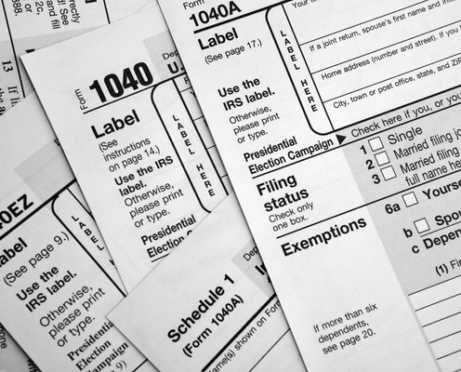
 I recently presented a 90-minute webinar for financial education professionals about building financial resiliency.
I recently presented a 90-minute webinar for financial education professionals about building financial resiliency.
In everyday language, resilience is the ability to “bounce back” from and cope with life events, both negative (e.g., unemployment) and positive (e.g., birth of a child). Resilience is developing an ability to cope before challenges happen. Financial resilience is the ability to handle life events that impact household cash flow (income and expenses) and net worth (assets and debts).
Some stressful events, such as health issues and divorce, affect people individually. Others, such as a plant closing and the coronavirus, affect large groups or society as a whole. Resilience varies from person to person according to the situation at hand and each individual’s resiliency resources. Two people can experience exactly the same situation but handle it very differently.
On my webinar, I presented a variety of resilience teaching materials for financial educators. Participants took a 20-question quiz as a self-assessment of their resiliency resources and added up their scores to see how they were doing. Three categories of resiliency resources are included in the quiz: financial, social/community, and personal:
Financial Resiliency Resources
These include an emergency fund to cover at least three months worth of expenses, low-interest sources of credit, a low consumer debt-to-income ratio, various types of insurance (e.g., disability, health, life), human capital (job skills), estate planning documents, and accumulated savings and investments for retirement and other goals.
Social/Community Resources
These include having at least five close friends or family members to help you out in the event of an emergency or crisis, government or nonprofit agencies to assist you, and regular medical checkups and screening exams to uncover underlying health issues before they get worse.
Personal Resources
These include individual characteristics such as information-searching skills, optimism, organizational skills, focus and concentration, good health, stress management skills, and literacy skills.
I encourage you to visit the website for the webinar and supporting materials. Take the Personal Resiliency Resources Assessment Quiz and review the scoring grid at the end.
Next, use the Resiliency Resources Action Plan Worksheet to develop an action plan to strengthen your resilience for the next challenging event that comes along.




